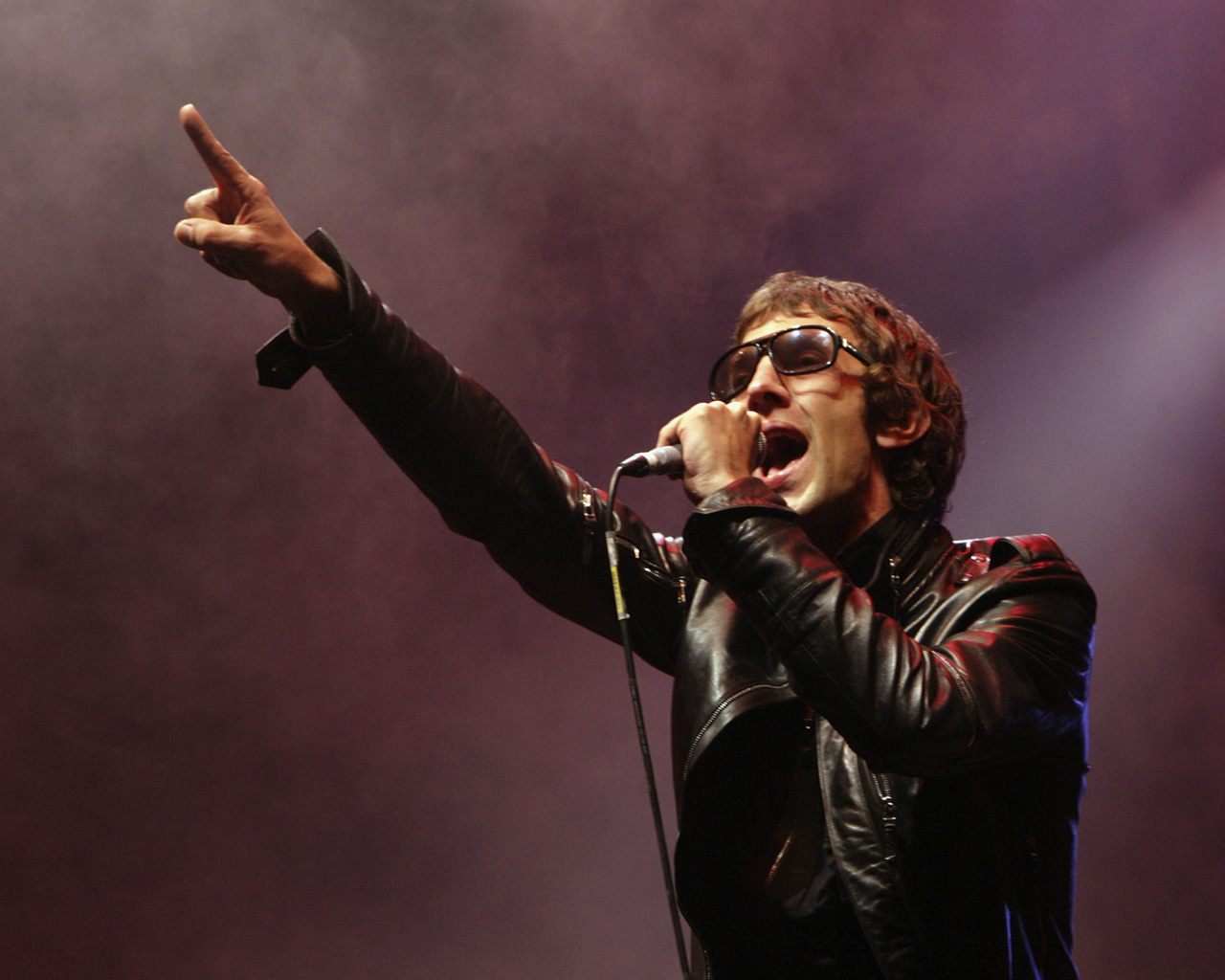What came first: the chicken or the egg? Who was the greatest footballer ever to walk this planet: Pele, Diego Maradona, or perhaps Veggard Heggem? Who, out of Hitchcock and Kubrick, has had the biggest impact on the world of cinema? These are just a few age-old questions which are unlikely to ever be answered definitively. In the aftermath of Richard Ashcroft’s comments last week regarding the future of British music festivals (and, indeed, festivals worldwide), the media has been gripped by a question which has spent a long-time festering in the minds of many music critics: are we too reliant on acts of a past generation?
Ashcroft himself reformed The Verve back in 2007 for a shot at headlining Glastonbury (which was widely acclaimed, it must be stated) before declaring his former band “dead” and “over for good” a mere 24 months later. Last week, speaking to BBC 6 Music’s Lauren Laverne, the iconic frontman claimed that whilst he “was not ageist by any means”, he’d like to see more opportunities given to newer bands because “we need the youth to create their own version of what potentially may become nostalgic”. Ashcroft conceded that festivals in the country were “dominated by these big dinosaur acts mopping up all the money” and admitted he found the whole nostalgia thing “suffocating”.
He raises an intriguing argument. The more you look around the festival cards this year, the more you begin to realise that it is dominated by acts who are well into the mid-part of their career. Reading & Leeds has this year relied on stalwarts Green Day to entice punters after taking a chance by giving Biffy Clyro their headlining debut, whilst their ‘curveball’ act on the Saturday is Eminem (a man who has already defined his genre for the best part of two decades). V Festival attracts a crowd dominated by people who actually actively listen to Nick Grimshaw and enjoy Celebrity Juiceand, as such, take Beyonce off the back of her 2011 Glastonbury success whilst Isle of Wight and T In The Park share The Killers, just like the latter shares Mumford & Sons with the aforementioned Glastonbury. It’s all pretty routine, stagnant and predictable.
Indeed, if you take the world’s greatest festival as a blueprint, you begin to get a sense of how dire the situation truly is. Over the past thirteen years, Glastonbury has been headlined by David Bowie, Rod Stewart, REM, Moby, Paul McCartney, The Who, The Verve, Neil Young, Bruce Springsteen, a reunited Blur, U2, Stevie Wonder AND the arc de triomphe in The Rolling Stones. That is a hell of a lot of acts dripping in nostalgia. Heck, if you add Oasis, Radiohead, Coldplay and Muse (who had been around for longer than a decade once they headlined) and the point becomes magnified.
Obviously, it is churlish to suggest that festivals should rid themselves of these acts. How many people would have been tempted to attend this year’s Glastonbury without The Rolling Stones? Glastonbury itself is tagged as a different world itself, so perhaps that is an unfair analogy. How many people would have bought tickets to Reading or Leeds in the knowledge that Green Day and Eminem had been replaced by, say, Arcade Fire and Queens of the Stone Age? Not as many, that’s for sure. The British music scene is driven by nostalgia and it all manifests itself at a grass-root level. Go to your local alternative night…do you hear Jagwar Ma and Temples? Nope, you hear ‘Song 2’ and ‘Morning Glory’. Will you attend a wedding this year where the bride and groom share a first dance to Alt-J or Tame Impala? Nope, it’ll be Blondie or The Beatles, and herein lies the problem.
As long as the demand for reforming acts continues, the longer we shall see The Stone Roses at the zenith of festival cards. Two years into their reunion and the Mancunian legends are still playing pretty much the exact same set-list. Sure, it’s great for people who haven’t heard ‘Waterfall’ live or seen the skills the band possess. But, once you have, why would you pay £200 to see it again? Instead, the onus should be switched to blooding the newer acts. Love them or loathe them, Mumford & Sons headlining the Sunday night at Glastonbury was an enlightening moment and one which highlights the Eavis family as pacemakers for the whole industry once more. Just as their booking of Jay-Z in 2008 led the way for Beyonce, Rihanna and Kanye to be deemed headline-worthy, the festival continues to break new ground.
Something which is unlikely to be changed is the coverage of the festivals by the media themselves. All corners of the press were left salivating over the Rolling Stones’ Glastonbury performance and the night drew coverage from daily newspapers. Would the festival have achieved this coverage had it not been for booking such a legendary act? Arctic Monkeys’ triumphant and career-best performance was skipped over by many, suggesting perhaps the way the public is fed the information leads them to demand these seminal slots.
Another issue, of course, is which new bands (if any) are ready. Despite his shortcomings, give him another number one album and Jake Bugg won’t be far off headlining a festival, whilst Alt-J, Foals, Ben Howard and Vampire Weekend probably have it in them to headline a major festival at some point down the line. It is all dependent on undercard placings until then, though. Arctic Monkeys’ now famous midday slot at Reading Festival in 2005 elevated them to headline status whilst Elbow wouldn’t be rumoured to be headlining next year’s Glastonbury without their atmospheric Pyramid sunset slot a few years back.






















